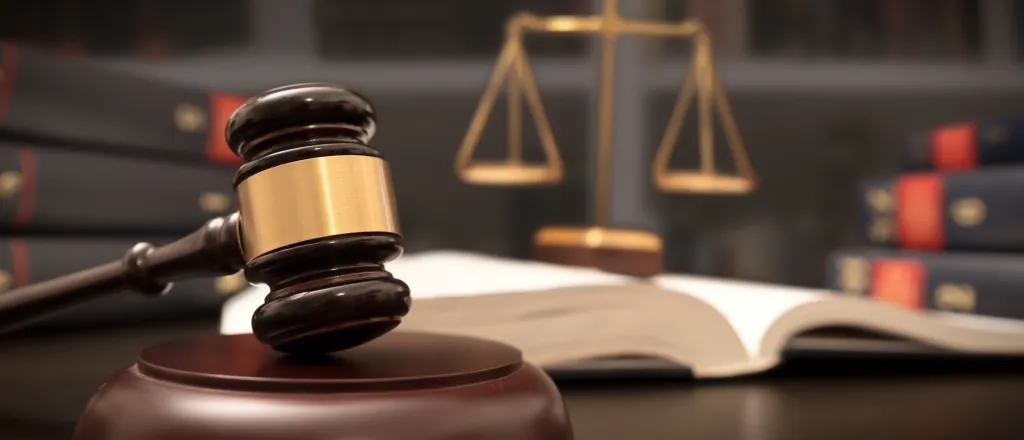
Washington Supreme Court's decision upholding capital gains tax draws cheers, scorn
(The Center Square) – Reaction to Friday morning’s decision by the Washington State Supreme Court upholding the constitutionality of the state’s controversial capital gains tax varied wildly.
Supporters of the 7 percent tax on the sale of stocks, bonds, and other high-end assets of more than $250,000 celebrated the decision as a win for tax fairness that will help fund programs benefiting the people of Washington. The tax is expected to bring in $500 million per year.
Capital gains tax opponents decried the ruling as one of tortured reasoning that could open the door to future state income taxes.
Underpinning the 7-2 decision was the fact the state’s highest court found the tax to be an excise tax and not a property tax, which the state constitution limits to 1 percent annually. The court also rejected the notion that it was an income tax, which state Supreme Court decisions going back to the 1930s have struck down based on the constitution’s uniformity clause that does not allow income to be taxed at different rates.
“Because the capital gains tax is an excise tax under Washington law, it is not subject to the uniformity and levy requirements” of the state constitution, Justice Debra Stephens wrote for the majority.
Justice Sheryl Gordon McCloud – one of two dissenters, along with Associate Chief Justice Charles W. Johnson – put it succinctly in her opening written statement against the majority decision: “‘Capital gains’ are income. In Washington, income is property. A Washington ‘capital gains tax’ is therefore a property tax.”
Those divergent viewpoints were reflected in what supporters and opponents had to say about Friday’s ruling.
“Washington’s capital gains tax helps right an upside-down tax structure where low-income Washingtonians ultimately expend a much larger share of their income in taxes than our wealthiest residents," Gov. Jay Inslee said in a statement. “It is gratifying as governor to join so many Washingtonians in this historic victory today, one that has been elusive in the face of years of opposition from powerful interests.”
Progressive think tanks also hailed the decision.
“This tax, which only the wealthiest families will pay when they sell assets like stocks or bonds, funds essential public services that benefit all Washingtonians,” Andrew Villeneuve, founder and executive director of the Northwest Progressive Institute, told The Center Square in an email. “Proceeds from the tax go to the Education Legacy Trust Account, which funds childcare, preschool, special education, and community and technical colleges. Washington families and communities are counting on revenue the tax will provide to uphold the state's paramount duty to provide for the education of all youth residing within our borders.”
Treasure Mackley, executive director of Invest in Washington Now, agreed.
“This tax will decrease the pressure on low and middle income families,” she said in an email. “It impacts just the wealthiest among us. Only 0.2 percent of Washingtonian taxpayers will see enough profits to pay this tax.”
The Washington State Budget & Policy Center’s “Schmudget Blog” said, “This was a hard-fought victory for people who want to create a brighter future for kids, families, and communities in our state.”
Capital gains tax opponents, on the other hand, were dismayed by the ruling.
“We know Democrats were hoping the court would rule in a way that would enable them to try for a full-blown income tax in our state,” Sen. Lynda Wilson, R-Vancouver, said in a news release. “I don’t see how this decision gets them there, and that is a relief. But taxpayers clearly need to be on their guard – we should expect the Democrats to start adjusting the parameters of this tax so it applies to more and more people over time, which means more and more of their money going to government.”
In its decision, the state Supreme Court declined to overturn its 1933 decision in Culliton v. Chase that distinguished an income tax from an excise tax and concluded that income is within the state constitution’s broad definition of property, reasoning the state constitution’s “uniformity and levy limitations on property taxes do not apply.”
Jason Mercier, government reform director at the free-market Washington Policy Center that fought against the tax, also worries the court’s decision could mean more income taxes for Washingtonians.
“Today’s ruling is unreal. The state Supreme Court agreed with lawmakers that Washington has discovered the first standalone excise tax on capital gains income on the planet. Every other tax jurisdiction in the world, from the IRS, to every other state, to other countries will tell you the same thing – capital gains are income and taxes on them are income taxes,” he said in a news release. “With this ruling, the rules surrounding income taxes in Washington are now unclear. What will be the next type of income tax to be redefined by lawmakers? It is up to the voters now to respond.”
Friday’s ruling garnered some negative attention from the other Washington as well.
Jared Walczak, vice president of state projects at the Washington, D.C.-based Tax Foundation, issued a series of statements on social media critical of the ruling.
“I try to be respectful of court rulings, and recognize that state supreme court justices know much more about the law than I do, but I don't see any way to get around it on this one: the court wanted a capital gains tax so it ruled in favor even though the argument was ludicrous,” he wrote in one post on Twitter.

















